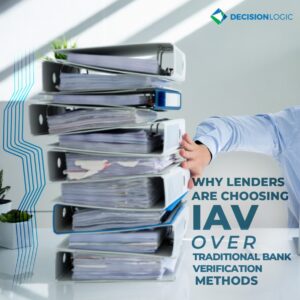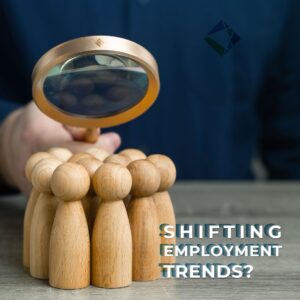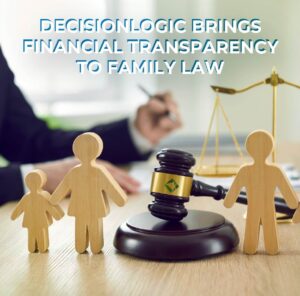
Published on 2/2/2023
What is Open Banking? (in plain English)
Open Banking is a concept that has been a main stay in Asia-Pacific and the UK for years, we in the U.S. are just now catching up. It is a way of securely sharing financial data between banks and third-party service providers. This is a fancy way of saying that banks (with your permission, of course) can more safely share your bank account information with your lender, CPA, mortgage company or other financial service provider.
Often vendors request financial information because you applied for a loan, are buying a house, a new car or something to that effect. While the term “sharing financial data” sounds a scary, it’s infinitely better than the alternative. No one wants to endure the arduous process of getting hard copy bank statements that may or may not have the information required. They are often a month-to-month view, and many services need the up to the minute data to complete their process.
Not to mention that it’s a hard copy, a piece of paper, that could easily be left unguarded on someone’s desk, or lost, damaged, or (gasp!) accidentally end up in someone else’s file?!? The possibilities are both endless and terrifying. Physical bank statements slow down the entire process and are difficult to keep secure. With Open Banking, your information is shared via API (how one computer talks to another) directly with the lender/service provider. No side trips to the water cooler, or breakroom adventures included. You have much more control over who does and more importantly, does NOT see your information.
It’s also key to know that the lender/financial service provider does not have access to your account and cannot change anything in your account. The information they have read-only access to is Account Type, Account Holder Name, Transaction History and Account Balances.
What they do with this information depends on the type of service you have applied for. If you applied to rent a new apartment, they might use the transaction data to make sure you’re getting a steady paycheck and can afford the rent payments. Similarly for buying a car, to make sure you will be able to make the lease or purchase payments. Some lenders cannot lend to you if you already have a loan out with another similar type of lender. They use the transaction data to look for this and maintain compliance within local, state, and federal lending laws. Underwriters may use the information to see how large a loan they can offer you and at what interest rate. And that’s only a small sample of the ways your banking details might be used to facilitate your everyday purchasing power and future financial goals.
At DecisionLogic, we prioritize Open Banking and direct connections with banks for our digital bank statements, allowing our partnered service providers to get you your loan, new apartment, new car etc. faster and with less hassle.
Ultimately, Open Banking is faster, more secure, more accurate and gives you more control over your financial information. And isn’t it about time we gave that power back to the consumer? We think so.


